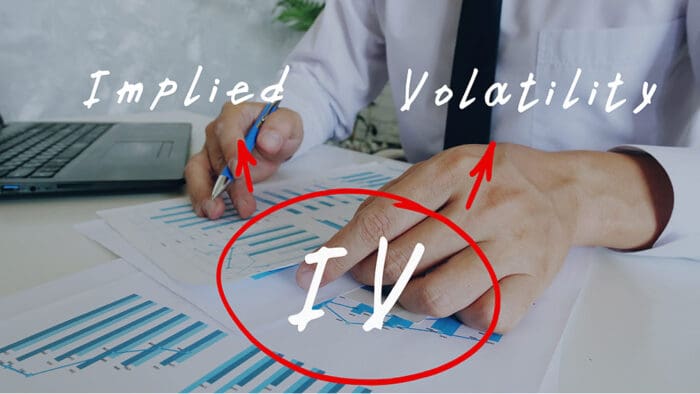Interactive Brokers’ clients may earn additional income on their fully-paid shares by lending those shares to Interactive Brokers for on-lending to short sellers that are willing to pay to borrow them.
Eligible account holders may enroll in the Stock Yield Enhancement Program (or SYEP for short) through Client Portal. If you have a margin account with IBLLC, IBUK, IBIE, IBCE, IBCA, IBHK or IBSG you may enroll for SYEP.
If your cash account has equity in excess of $50,000 at any of the above affiliates, you may also enroll.
Upon enrollment, Interactive Brokers fully automates the program on its clients’ behalf.
Interactive Brokers determines the quantity of securities in a client’s account which may be eligible for lending taking into account the securities’ borrow demand in the marketplace. When a broker finances a client’s stock purchases through margin lending, regulation allows the broker to loan or pledge as collateral that client’s securities in an amount of up to 140% of the cash debit balance. Therefore, Interactive Brokers will on-lend only fully paid securities and/or excess margin securities on your behalf.
Interactive Brokers posts US Treasury or cash collateral for shares borrowed from the account, collects interest from stock borrowers and disburses interest payments to client accounts participating in the Stock Yield Enhancement Program. SYEP participants receive 50% of the market-based rate on shares borrowed by IBKR.
The market-based rate is determined by taking into account the rates on shares IBKR has loaned to or borrowed from others, and third-party market data.
Eligible securities include exchange-listed US and certain non-US common stocks, ETFs, preferred stocks and corporate bonds. However, municipal bonds are not eligible.
The interest on the US Treasury or cash collateral which a client receives in exchange for shares lent depends upon market rates determined in the over-the-counter securities lending market. Rates are specific to the individual security, supply and demand and general market conditions. Interest income will most likely change from day-to-day.
Although the interest calculation uses the industry standard 360 days to determine interest, interest does accrue every day the loan is outstanding including weekend and holidays (i.e., the interest is calculated on an actual/360 basis).
Enrolling in the program does not mean that Interactive Brokers will automatically loan out all of your shares. Some reasons your shares may not be lent out are:
Interactive Brokers pro-rates clients’ shares lent in the event that aggregate supply is greater than demand to borrow.
· The security may not generate interest income in the securities lending market, meaning borrowers are unwilling to pay for borrowing the security.
· There may be little or no demand for shares of the particular security.
For example, if the aggregate supply of SYEP shares at IB is 100,000 but market demand to borrow is 50,000, Interactive Brokers will lend each SYEP participant’s shares in proportion to aggregate demand. In this example, each SYEP participant would have half of their eligible shares lent.
Interactive Brokers does not limit securities lending to its own clients — it may lend to any counterparty. The SYEP participant’s counterparty is Interactive Brokers. Because Interactive Brokers manages the program, it also has the discretion to determine which, if any, securities it may choose to lend.
Bear in mind that as a stock lender, the client is still exposed to unrealized gains or losses on shares. But it also means that a client could write calls against a stock even while it is out on loan through the Stock Yield Enhancement Program. And if the call is assigned and stock delivered, Interactive Brokers manages the process and will terminate the loan automatically at the appropriate time.
Keep in mind that you may sell your loaned shares at any time (as you would otherwise be able to do) without needing to provide any separate notification to Interactive Brokers of the sale.
There are a variety of events that may cause termination of a stock loan.
Lenders are entitled to receive dividends and distributions on loaned securities, but may also receive payments in lieu (PIL).
Depending upon the holding period of the loaned shares, the receipt of PIL may have an adverse tax impact for certain US taxpayers (because PIL is generally taxed as ordinary income rather than at the reduced rate associated with qualified dividends).
Interactive Brokers may take steps to reduce the likelihood that SYEP lenders receive PIL rather than dividend payments, but makes no guarantee that the lender will avoid receipt of PIL.











Join The Conversation
If you have a general question, it may already be covered in our FAQs page. go to: IBKR Ireland FAQs or IBKR U.K. FAQs. If you have an account-specific question or concern, please reach out to Client Services: IBKR Ireland or IBKR U.K..
Visit IBKR U.K. Open an IBKR U.K. Account